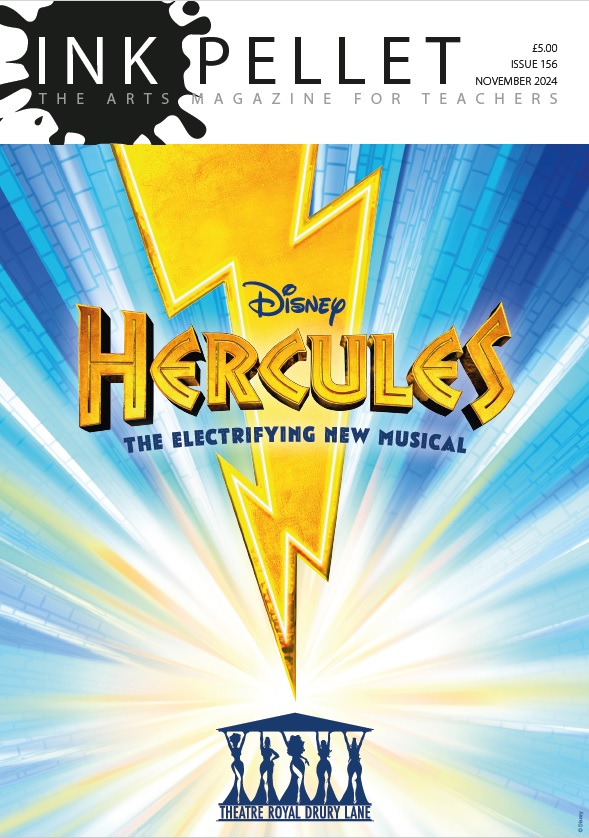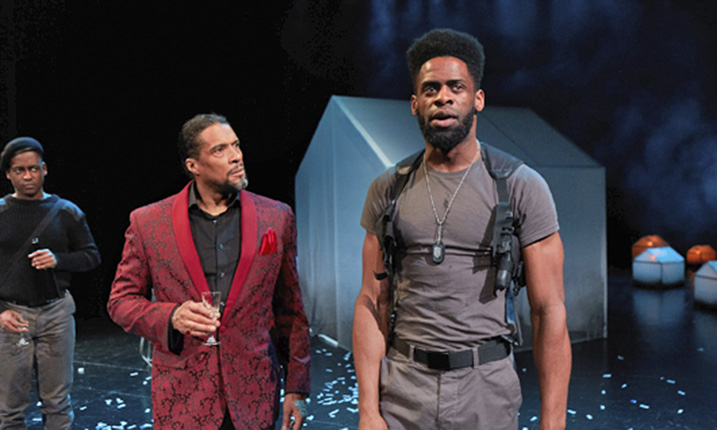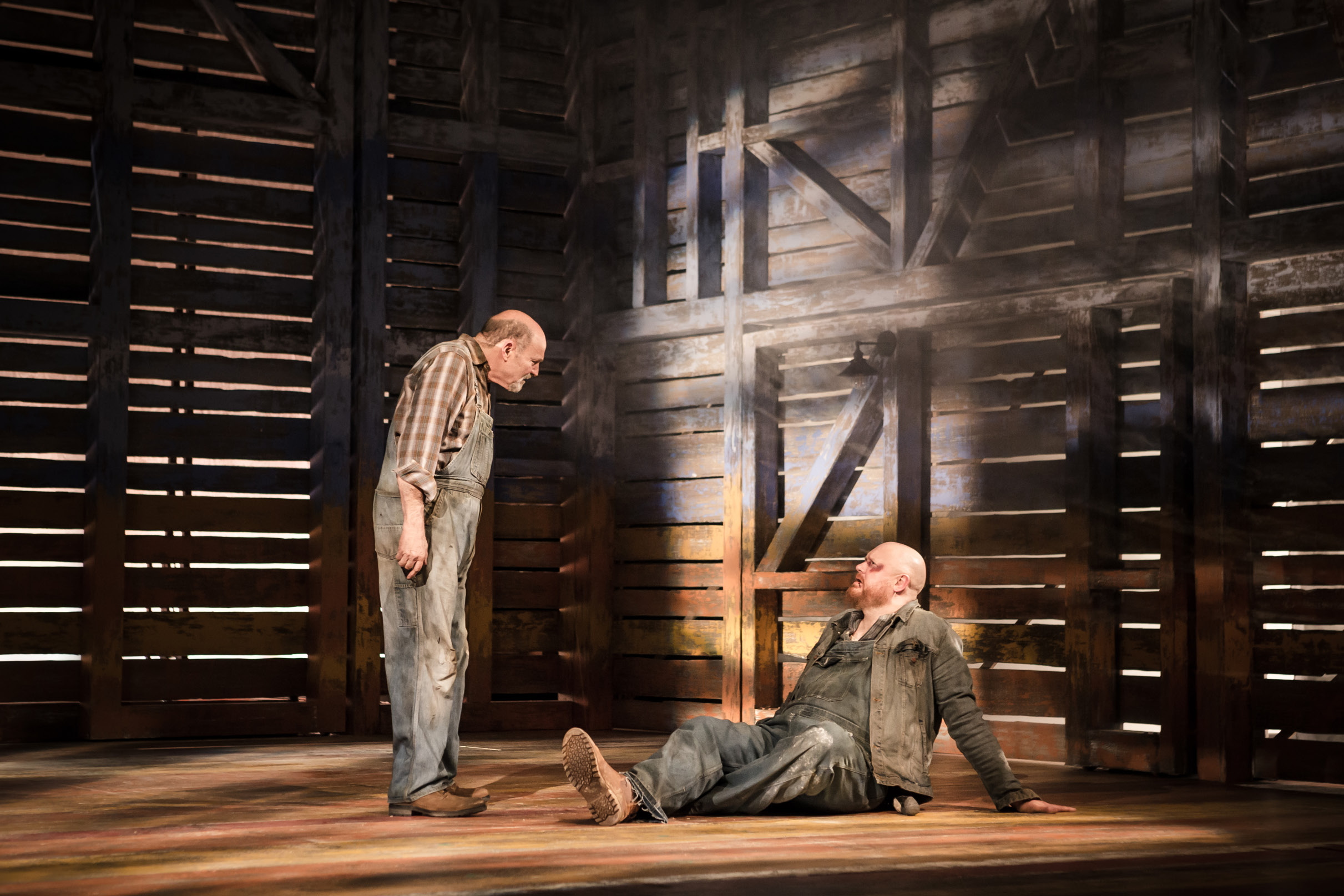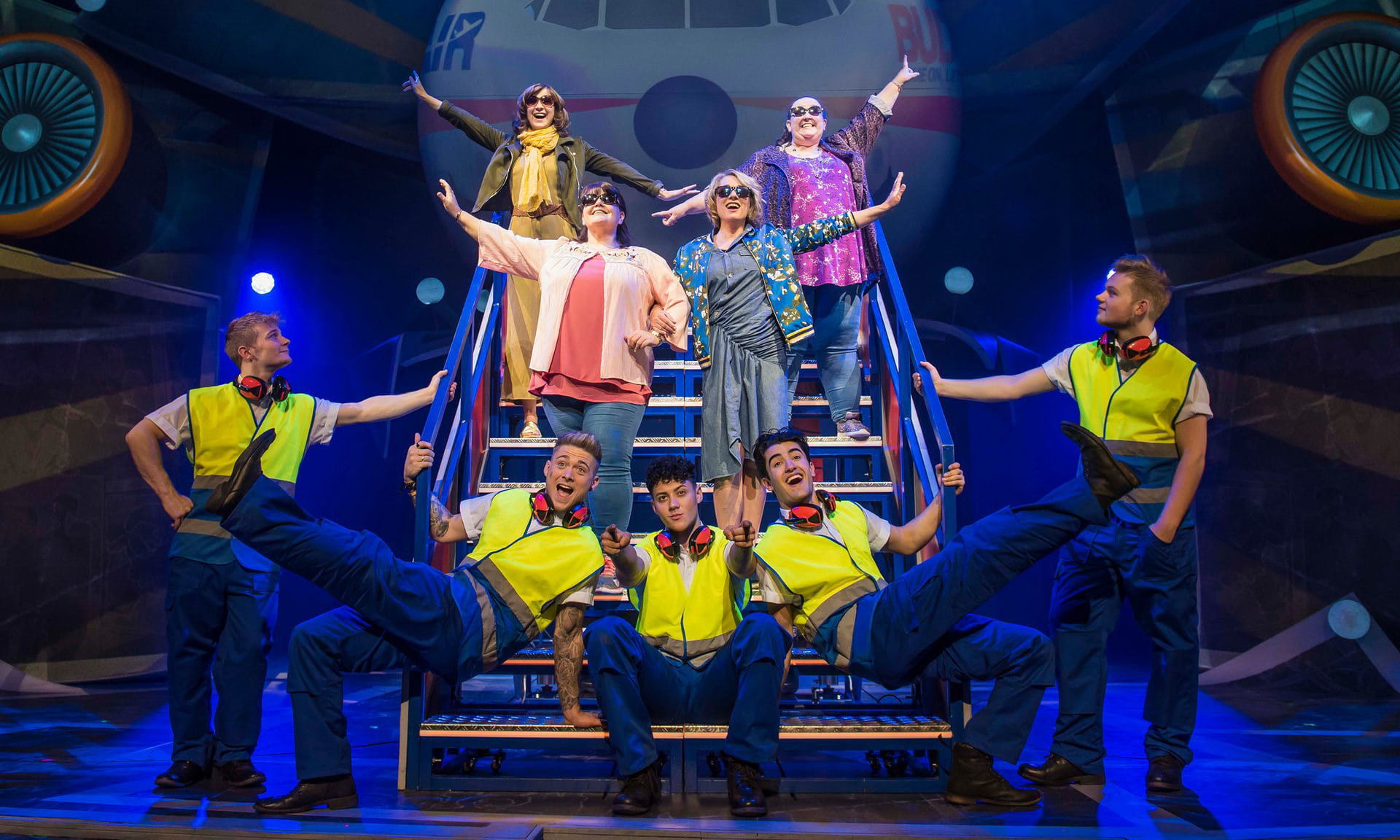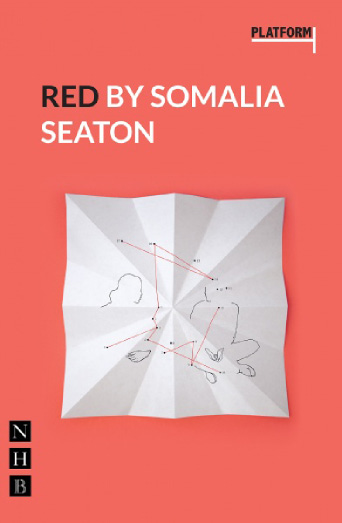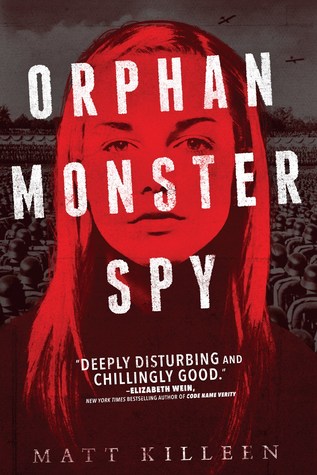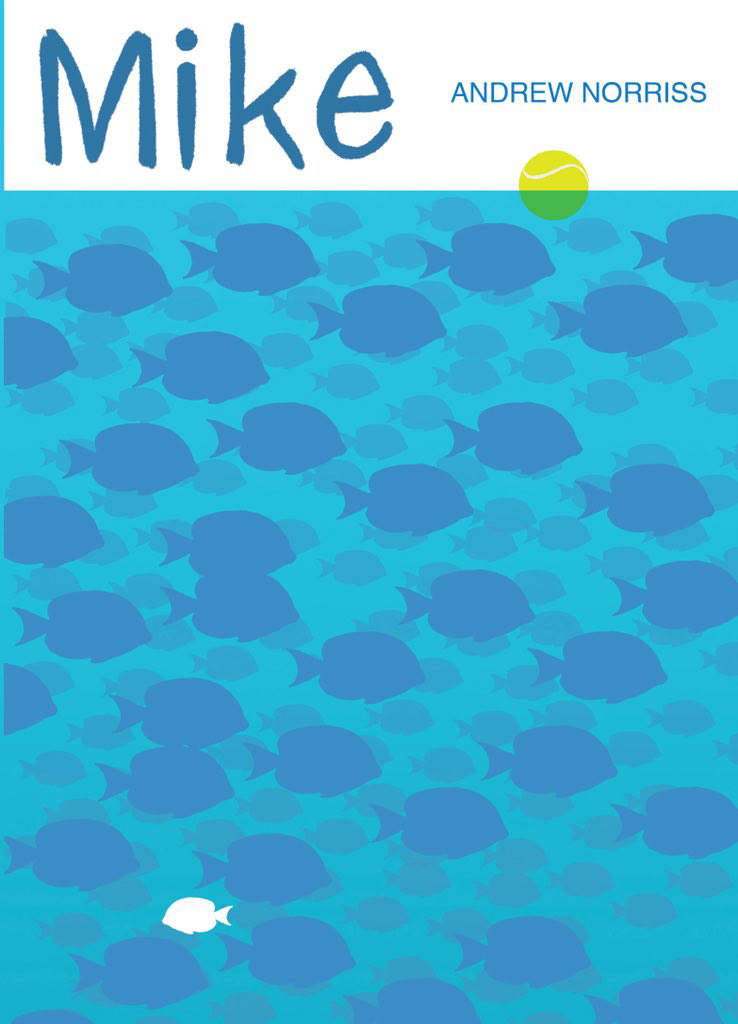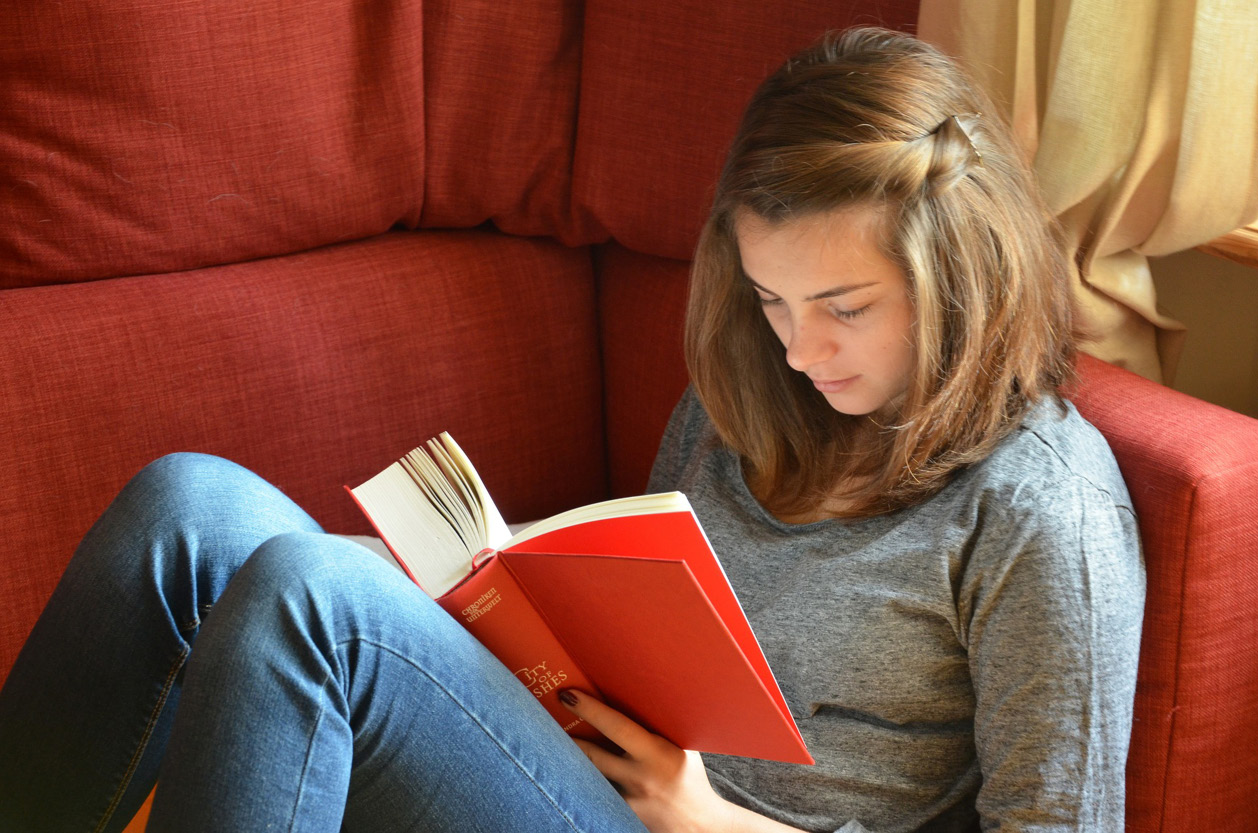-
The story telling is crystal clear in Ignace Cornelissen’s 75 minute reworking of Othello, translated by Purni Morrell. For example, we start with Othello (Okorie Chukwu) choosing Ronald Nsubuga’s Cassio as his lieutenant over Lawrence Walker’s Iago to make it clear from the outset why the scheming Iago is hell bent on bringing Othello down. […]
-
Having studied this classic Steinbeck book last year as part of my GCSE studies, I was keen to see this stage adaptation by Selladoor at the start of its UK tour. The staging was suitably stark and transformed easily from riverbank to bunkhouse and I particularly liked the scene in Crooks’ room as Lenny and […]
-
O..M..G.. after all the television coverage of the selection process with BBC One’s ‘Let It Shine’ to find the five members of a band to appear in a live show featuring the songs of Take That, I was not expecting to see what I saw at the Marlowe Theatre in Canterbury. What we heard was what was expected; a veritable treat of melodies, harmonies and hit singles expertly performed by the new group […]
-
By Somalia Seaton Published by Nick Hern Books I was pleased when the Ink Pellet editor asked me to review Red by Somalia Seaton. The book is part of Nick Hern Book’s Platform series, plays specially commissioned by Lucy Kerbel from Tonic Theatre, a strong advocate for enhancing opportunities for young females in the theatre. […]
-
By Matt Killeen Published by Usborne Sarah, 15, is – or becomes – all three things in the title. It’s a 1940s story but Matt Killeen’s debut young adult novel breaks fresh ground. We’re accustomed to seeing Jews portrayed as supine victims and of course the images move most of us deeply. Sarah is different. […]
-
By Andrew Norriss Published by David Fickling Books This is a very strong idea for a young adult novel. For a few pages you think it’s going to be a boring homage to tennis and only likely to interest tennis fanatics, then you realise that it’s actually about mental health, life choices, families and it’s very […]
-
When are we going to start developing children as readers rather then mechanically teaching them to read and seeing that as an end in itself? Susan Elkin poses the question.


